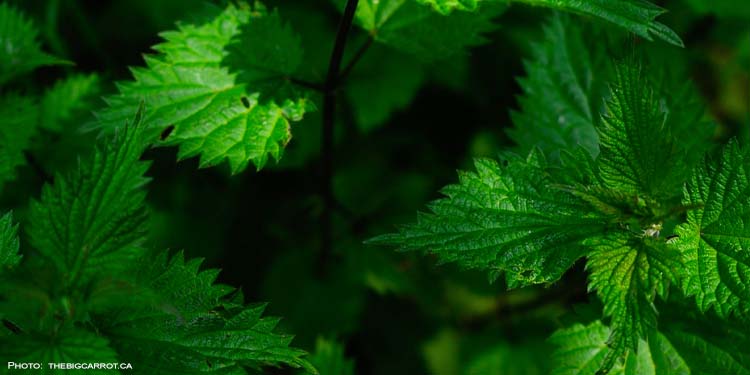The Bible’s Bitter Herbs
Yael Eckstein | April 25, 2024

That same night they are to eat the meat roasted over the fire, along with bitter herbs, and bread made without yeast. — Exodus 12:8
This week, my family and I will join Jews around the world in celebrating the most important event in Jewish history—the Exodus and redemption of the children of Israel from bondage in Egypt. These devotions were prepared for you in advance to help you discover the many lessons in faith Passover has for you.
One of my most vivid early memories of Passover is of my father eating an entire tablespoon of traditional maror, “bitter herbs,” in this case, horseradish. It was so bitter that my father’s eyes filled with tears, and it looked as though he was weeping at our holiday meal.
When I asked my father why he was crying, he responded, “So that you would ask!” Then one of my older sisters jumped in to explain that the purpose of eating bitter herbs was to remind us of the bitter enslavement of the Israelites and the tears that they shed.
As a parent of four children, I realize at that moment, my father was just as proud of me for asking the question as he was with my sister for knowing the answer.
The Bible’s Bitter Herbs
While Jews incorporated whatever bitter herbs and vegetables were available in their various countries of exile at the seder table, the original maror was romaine lettuce. The Talmud explains that just as the bitterness of the stalk leads up to the more pleasant green part of the leaves, so too, the bitterness of the exile eventually leads to the sweetness of redemption. Like a leaf of lettuce, they are inseparable.
In Exodus 12:8, God instructed the Jews to eat the Passover lamb “roasted over the fire, along with bitter herbs, and bread made without yeast.” It may seem strange that God would want to include something bitter in a feast celebrating liberation from slavery and suffering. But including some bitterness in the celebration of our freedom sends us a powerful message.
The bitter herbs had to be eaten together with the roasted lamb of the Passover offering because God wants us to understand that there is no redemption or salvation without suffering. As the expression goes, “No pain, no gain.” The message of the bitter herbs on Passover is to remind us that only through suffering that we come to appreciate God’s redemptive power.
The same is true in our personal lives. Sometimes God makes us go through difficult and painful times so that we will taste the sweetness of redemption. So as much as we don’t wish suffering on ourselves or others, we must understand that it’s all part of God’s plan. That was the message of the bitter herbs, maror, for the Israelites on Passover and it is the message for us today.


